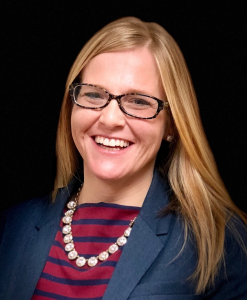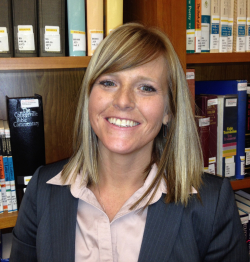Select an item by clicking its checkbox
The call for educational practitioners to be critically self-reflective is fairly common today. This is in large part due to the work of pedagogical theorists, such as Stephen Brookfield, who have challenged educators to routinely assess and hone our teaching practices. Indeed, since the beginning of my teaching career, I ...
It has now been over a full year since the 2016 presidential election. Yet, I still remember vividly the dark and raw thoughts I had the morning of November 9, 2016. When I woke up and learned of the election results, I was horrified that so many people had made a conscious decision ...
The blizzard of the world has crossed the threshold and it has overturned the order of the soul. -Leonard Cohen[1] I still remember vividly the fear and frenzy swirling around my graduate school the days and weeks after September 11, 2001. As the blizzard of physical and spiritual violence and their inevitable ...
Countless hate crimes since Election Day already show the widespread effect of the President-Elect’s unpredictable nature and his death-inducing ideologies: racism, islamophobia, heteropatriarchy, xenophobia, anti-Semitism. What do we as higher educators do when our global context is unstable, the future is uncertain, and the local context is even dangerous ...
I didn’t plan to bring it up. In fact, I had made a conscious decision to not talk about it. But, in the middle of class, I said something. I had to. I still wonder if I made the right decision. August 27 was the first day of my Theology ...

